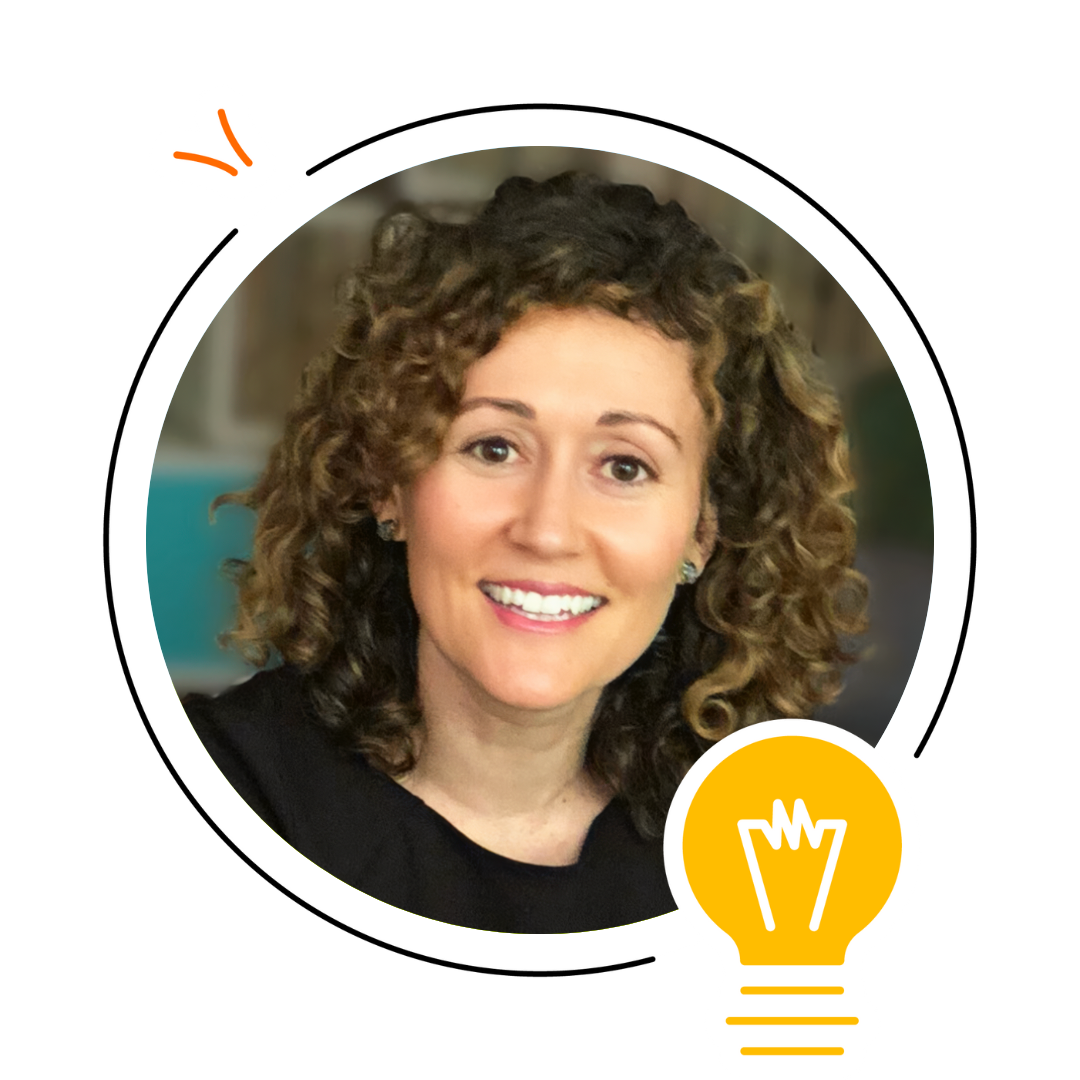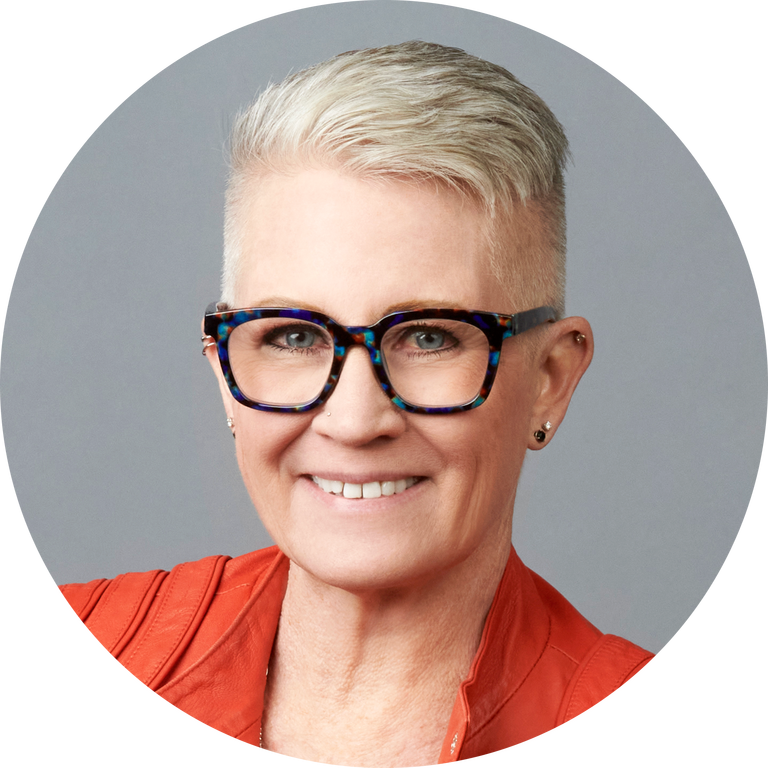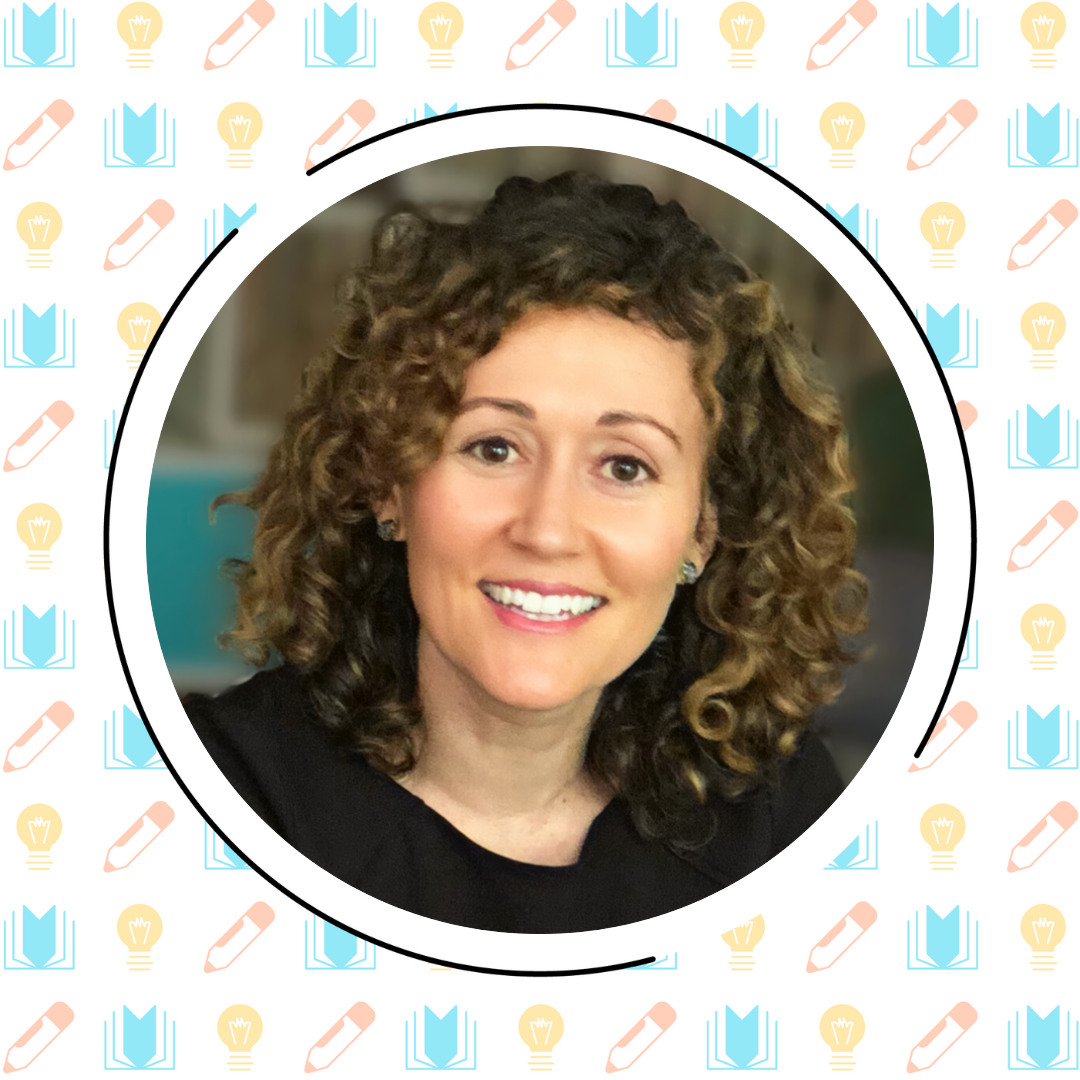Transcripts and additional resources:
Meet Our Guest(s):

Katie Pace Miles, Ph.D.
Katie Pace Miles, Ph.D., is an associate professor and the Director of the Advanced Certificates in Reading Science at Brooklyn College, part of the City University of New York (CUNY). Pace Miles is the author of the Reading Ready intervention program, co-author of the Reading Ready for Whole Phonics program and the book Making Words Stick, and academic advisor for Reading Go. She is also the co-founder and principal investigator of CUNY Reading Fellows, which improves preservice teacher training and provides free high-dosage tutoring to over 2,300 historically underserved New York City students every year; and the founder and president of The Reading Institute, which brings free evidence-based tutoring programs to readers across the country and provides reading-science-aligned professional development to teachers.
Meet our host, Susan Lambert
Susan Lambert is Chief Academic Officer of Literacy at Amplify and host of Science of Reading: The Podcast. Throughout her career, she has focused on creating high-quality learning environments using evidence-based practices. Lambert is a mom of four, a grandma of four, a world traveler, and a collector of stories.
As the host of Science of Reading: The Podcast, Lambert explores the increasing body of scientific research around how reading is best taught. A former classroom teacher, administrator, and curriculum developer, she’s dedicated to turning theory into best practices that educators can put right to use in the classroom, and to showcasing national models of reading instruction excellence.

Quotes
“You don't teach orthographic mapping, 'cause, again, that's a cognitive process, but you can facilitate support for long-term storage of words.”
“Never acquiesce to illiteracy. We all, as a community that supports all readers, have to figure out what instruction needs to be provided and what dosage over what duration of time … and it will happen.”
“If you're focused only on phonics and not on spelling, you are going to miss a whole bunch of decoding instruction, word analysis work.”
“You don't need a Ph.D. to have that knowledge. That should come in all teacher training. The complexity of the English language—every teacher I've ever met can handle it once we teach it.”


